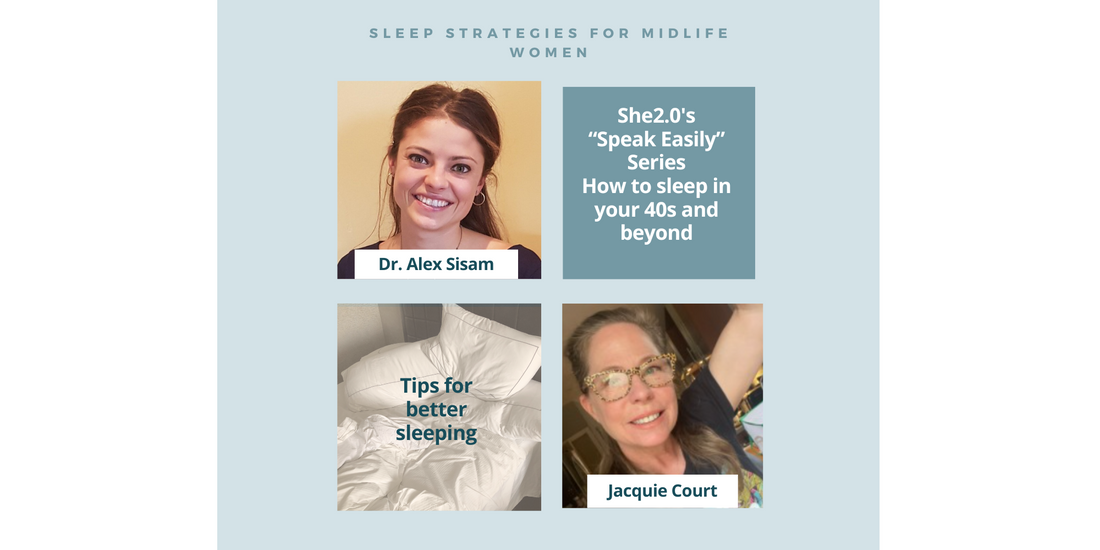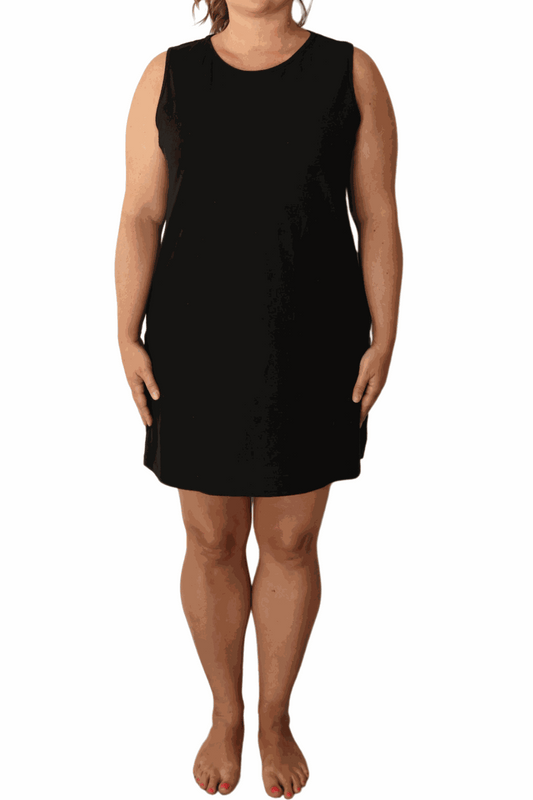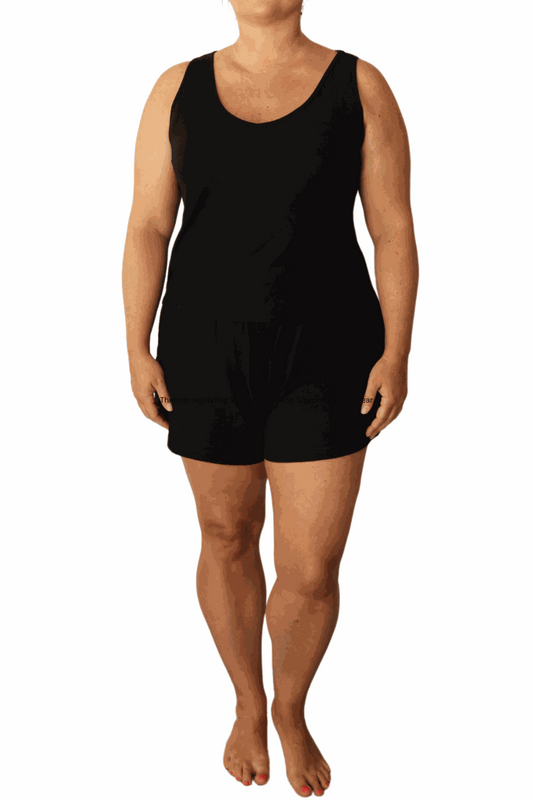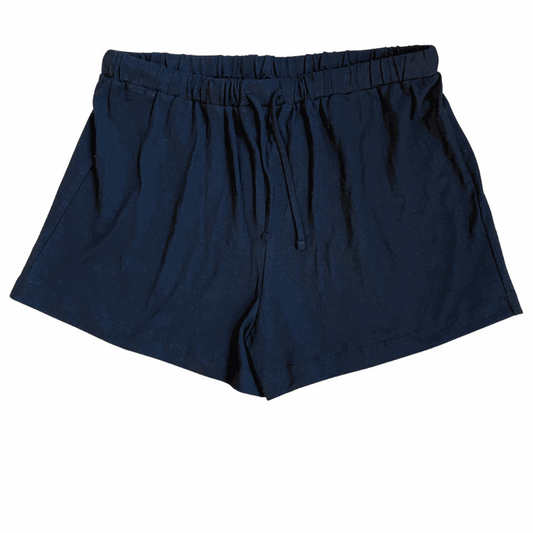
Expert Tips for Midlife Women to Conquer Sleep Challenges
Share
It was this specific issue that was the topic for the latest Q&A for She2.0’s “Speak Easilys” – events that are run by the 2.0 team to give women a place to listen and ask questions to an expert in their field and ask questions.
In support of Alex and the sleep theme, CoolYourSweats (that’s us!) , Phases Tea (founded by Alex and her mother, Donna) and Cara Adams for Cara Radiance by Nature were on hand to talk about their work dedicated to helping women to get their full 7+ hours of sleep.
No Magic Bullet to Getting Your Sleep Back Long-term
Alex spoke about how there isn’t just one magic bullet to help you sleep. She outlined a few different facets that will affect whether or not you have a good sleep. Note that using sleeping pills didn’t even come up in the conversation. They are considered a short-term stop gap to give you the rest you need in an acute situation of insomnia. They are not a long-term solution.
Here is what I learned from Alex.
How our hormones interact and help us fall asleep
Up until we’re about 40 years old, our body is doing everything it can to make sure we are ready to reproduce.
But once we hit our late 30s or early 40s our levels of estrogen and progesterone start to decline and that’s where the trouble tends to start. Estrogen, in particular, plays many roles in our health so as its levels decreases we will likely feel some effects.
As Alex mentioned, everyone is different and will react differently to the decrease in levels of reproductive hormones.
For some of us (quite a few, actually) that means our sleep quality decreases. One of estrogen’s roles is signalling to your body that it’s time for a little shut eye by naturally dropping your body temperature. As your estrogen levels decrease, your temperature doesn’t drop as much, and one of your sleep signals may disappear.
But in addition to the decrease in estrogen, there are two other important hormones that play a role in your ability to sleep well which are cortisol and melatonin.
Cortisol, Melatonin and their role in the awake-sleep cycle
Alex emphasized that cortisol is not a bad hormone. It has had a bad rap lately due to its label as the stress hormone. If it’s not working properly then bad things can happen – it can contribute to weight gain and heart problems (again, it’s not that straightforward or simple). However, a good dose of cortisol (figuratively speaking) as you wake up is essential to keep you alert and give you the energy to get things done during the day.
At the opposite end of the spectrum is melatonin. Melatonin is released as your cortisol levels decrease during the day. Melatonin contributes to making you sleepy so the later into your awake phase you are, the more cortisol levels decrease and melatonin levels rise.
When all is working well, these two hormones act in harmony to help us stay awake during the day and fall asleep and stay asleep all night. They are like the yin and yang of sleep hormones.
When hormones go awry
When you are super stressed for long periods of time, your cortisol release and melatonin release can get screwed up.
If you are in a constant state of stress your cortisol level will remain high and prevent melatonin from being released. Your body will be tired but you will have trouble falling asleep. If you stay in a stressed state for many months or years, melatonin release will be blocked, and will be released erratically. So, you’ll be tired when you need to be awake and awake (like 3am) when you need to be asleep.
The paradox of sleep
In order to fall asleep and stay asleep, your body uses energy. But when you’re completely exhausted you may have trouble falling asleep. You have no energy left in your tank. Your hormones don’t release when they’re supposed to and you can’t fall asleep – or stay awake. You’re so tired, you need to sleep, but your hormones are out of whack and preventing you from sleeping. It’s the irony of getting a good night’s sleep.
So what can you do?
It’s important to listen to your body and understand the signals it is trying to give you.
For a while, as you are training your body to understand that you need to sleep at night and be alert during the day you have to retrain it.
Alex recommends taking small breaks to unwind and relax throughout the day. You body needs to understand signals so that you are ready to go to bed at night. Give your sympathetic nervous system a break. Let it calm down, even if it’s only for 5 minutes. Go for a quick walk, do some deep breathing or gentle stretching, listen to some soothing music.
Establish a sleep routine and stick to it
Reduce the stress and create a ritual for winding down. A sleep routine is important to help your body understand that the time for sleep is approaching. It’s a time for you to calm your racing mind, relax your muscles and promote sleepiness. Here are few of her recommendations:
- No screens at least half an hour before bed - personally, I’ve noticed that if I’m on my computer past 9pm, I won’t fall asleep until midnight, so I turn my computer off at 9pm no matter what time I’m going to bed – I’d rather wake up early and finish what I’m doing in the morning)
- Eat early in the evening (about 3 hours before bed) your digestion system uses a lot of energy so eat early in the evening so that your body is ready to rest once your food is digested.
- Take time to prepare before bed Make sure you have an established routine whether it is just washing your face and brushing your teeth, or taking a bath. These activities signal to your body and mind that it’s time to wind down. I like to read a book before bed. In fact, unless it’s really late, it’s hard for me to fall asleep unless I read – even if it’s only a few pages.
Alcohol and sleep
Alcohol can wreak havoc on your sleep. It depends on when you drink, how much and how well your body processes alcohol. As we age our processing ability decreases and we become more sensitive to alcohol’s effects.
You are the best judge of how much your body can handle before it disrupts your sleep. Because of its detrimental effects on our sleep – and for many of us, it also contributes to night sweats - have your last glass of wine at least 3 hours before bed so that your body processes the alcohol before bed. The less alcohol you drink the better your overall sleep (and health) will be.
For the 3am wake-up
We all know that sometimes the 3am wake-up happens. It’s usually due to a racing mind. If you’re generally stressed you may find that you wake up suddenly alert and ready to go. Falling back to sleep is extremely difficult and can take up to an hour or more. In this case, Alex suggests keeping some GABA chewables beside your bed. The chewable format releases much faster than whole pills and you will fall asleep much faster. She also suggests getting GABA from a health food store as the quality of the product they carry will be much higher than at a drug store. Lower quality brands use a less expensive bonding agent which will prevent your body from fully absorbing the supplement which prevents it from working effectively.
What to do when you’re completely wired but it’s time to go to bed
If your mind is racing or you have some energy (even if you’re tired) but it’s bedtime, don’t try to force yourself to go to sleep. Listen to your body, if it’s energized take a 5-minute walk, read a boring book, take a bath or do some meditation or yoga. These actions signal to your body and mind that it is time to go to bed and winding down becomes easier.
The bottom line is there is no “one thing” to help you sleep better and what works for one person may not for another. Listen to your body, establish a routine, get plenty of exercise and stay hydrated. When you have trouble some nights, have some GABA beside your bed. Above all, work on getting your stress levels down. It won’t happen over night so cut yourself some slack and start making small changes to get great results down the road.
About Alex: Alex is a doctor of naturopathic medicine practicing in the Clara Clinic in Toronto. You can read all about her in her bio.
You might also like:
The Best Medicine for a Long and Healthy Life
Tips for Better Sleeping in Menopause
5 Tips for Sleeping Better with Night Sweats




